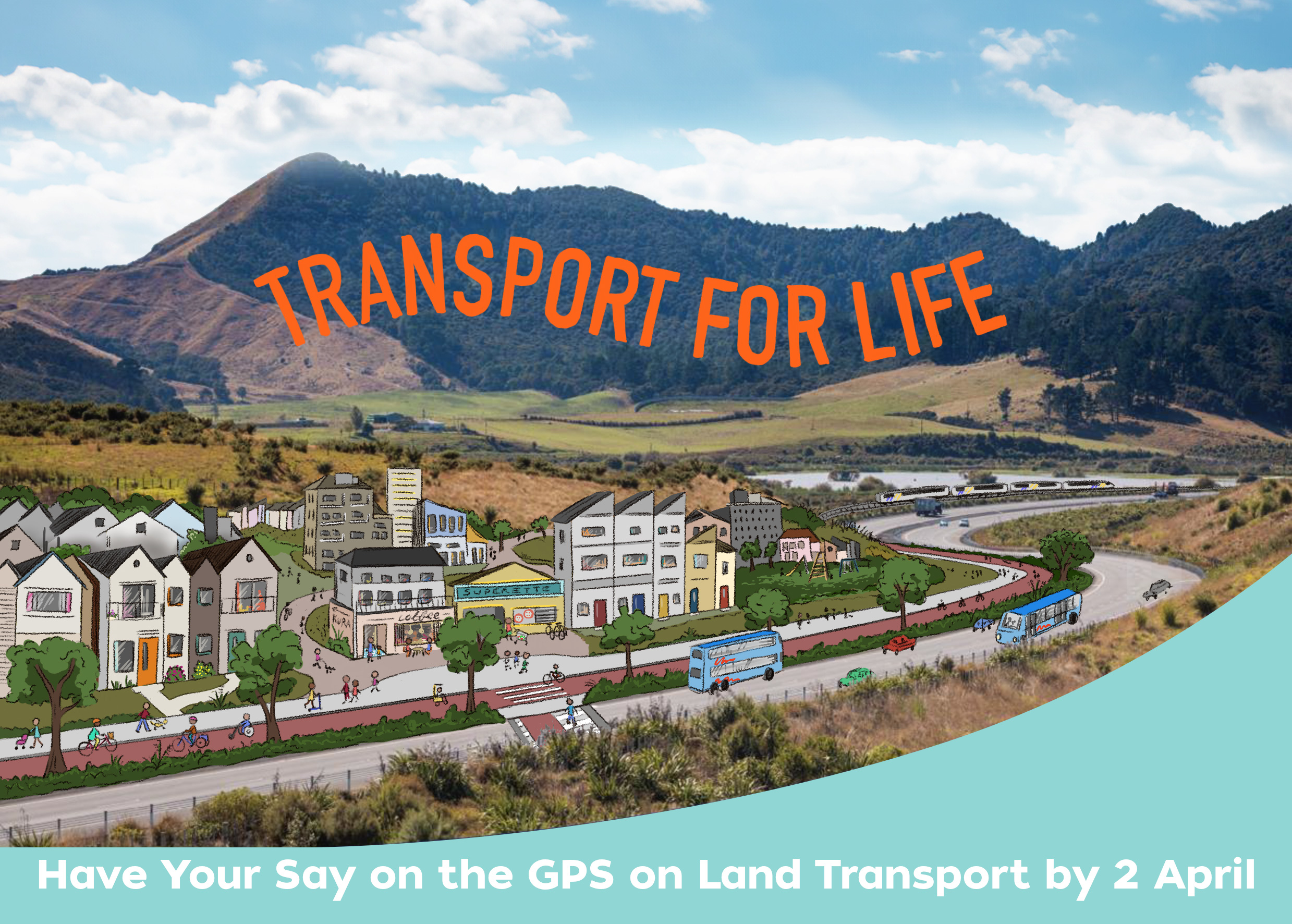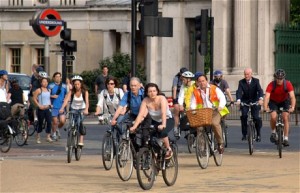
As part of the growing value that business sees in cycling, last week a bunch of heavyweight firms came out in support of increased cycling infrastructure in the UK, and in particular London. They include Glaxo Smith Kline, Orange (mobile phones) and Allen & Overy (one of the world’s premier law firms and in the Magic Circle of London firms).
That’s what so stands out about today’s action by GSK, National Grid and British Land, among the biggest 100 companies listed in London. They, along with other corporate giants including Santander, Orange and Allen & Overy are calling for concerted, consistent investment in cycling, and not because they see it as a partisan issue. For them it’s just common sense.
These companies are among those who have clubbed together with British Cycling to make some very explicit demands: that all parties sign up to committing 5% of the total UK transport budget to cycling; and with a view to getting 10% of all trips made by bike by 2025.
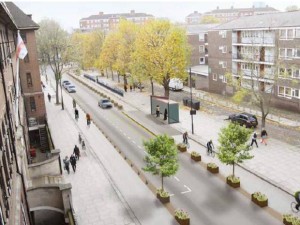
Now, some people in the comments are saying that these companies just want something for nothing. The question that raises for me is: would there be the same response if these companies were calling for more facilities for cars or more car parking? Probably not, despite the fact that these facilities are even more subsidised by the general public than relatively low-cost cycle infrastructure.
Here in Auckland, we do hear some support from the Auckland Chamber of Commerce and others for better cycle infrastructure and effective policies to encourage the keen but cautious demographic to get out on their bikes.
It would be great to hear more, especially when the data is in about the citywide economic benefits of streets designed for all transport modes. Check out the results of the first big before/after study of the pay-off from transforming roads-for-cars into streets for all:
New research suggests that “Complete Streets” — those carefully designed, multi-modal travel corridors that often include, yes, bike lanes — can yield handsome returns on investment for cities. Like millions, sometimes realized in no more than a year, because shared streets reduce collisions, which in turn saves money on medical costs and property damage. And there’s more. These street alterations are also correlated with increased property values and even higher employment numbers.
That’s according to the first major before/after study on the Complete Streets movement, which has touched down in more than 700 cities, counties and states nationwide.
As that same article notes, not only is “Compete Streets” infrastructure cheap, especially compared to massive motorway-widening projects, but the return on investment is swift and impressive. Business leaders, of all people, can surely see the value of that.
Of course, besides the economic arguments, Aucklanders need to stop buying into the myths and excuses that keep people shy of cycling.
We pride ourselves on being tough, outdoors people. Yet somehow we’ve been persuaded that sitting in air-conditioned metal boxes pushed along by a fossil-fueled engine (especially one that would not look out of place carrying soldiers in a war zone) is more rugged and “manly” than travelling under your own steam exposed to the elements. Or just zipping down to the shops at rush hour, past a stationary line of cars (each with one grumpy person in them) and feeling the fresh air on your face – a small daily errand that gives the lie to those SUV advertisements about the freedom of the open road!
We’ve even become convinced that driving your kids everywhere is somehow safer and better for them than letting them get around independently, when in fact the opposite is generally true.
This idea of the private car as an engine of freedom, ruggedness, convenience, and safety is masterful propaganda by the car and oil companies, but totally unsustainable in the long term.
Or even the short term. Last week, Paris swung into action in response to a sudden massive spike in pollution that shrouded the Eiffel Tower in smog.
Paris in the smog, with no Eiffel Tower in sight. Let's make this stop! Very proud of Team @Plume_Labs tonight. pic.twitter.com/CAAtSmEqtW
— Romain Lacombe (@rlacombe) March 20, 2015
The instant policy response in Paris was to halve the number of cars in the central city (based on odd/even number plates – electric and hybrid cars were exempt, as well as those with three or more occupants). They also made public transport free, along with bike-share and car-share schemes.
As the old saying goes, it’s an ill wind that blows no good.
It really shouldn’t take a public health emergency to inspire us to have these conversations here. While we can still see our own SkyTower, wouldn’t it be great to hear more of our local business leaders swing in behind transport options, with a unified call for “concerted, consistent investment in cycling” because “it’s just common sense”?
With their voices added to our chorus, imagine what transformations could Auckland achieve…
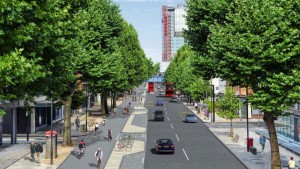
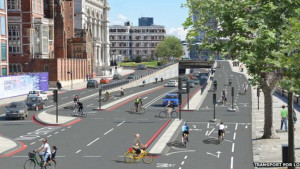
Are you a bike-friendly business? Do you have a bike-friendly workplace? We’d love to hear from you so we can share your story.




